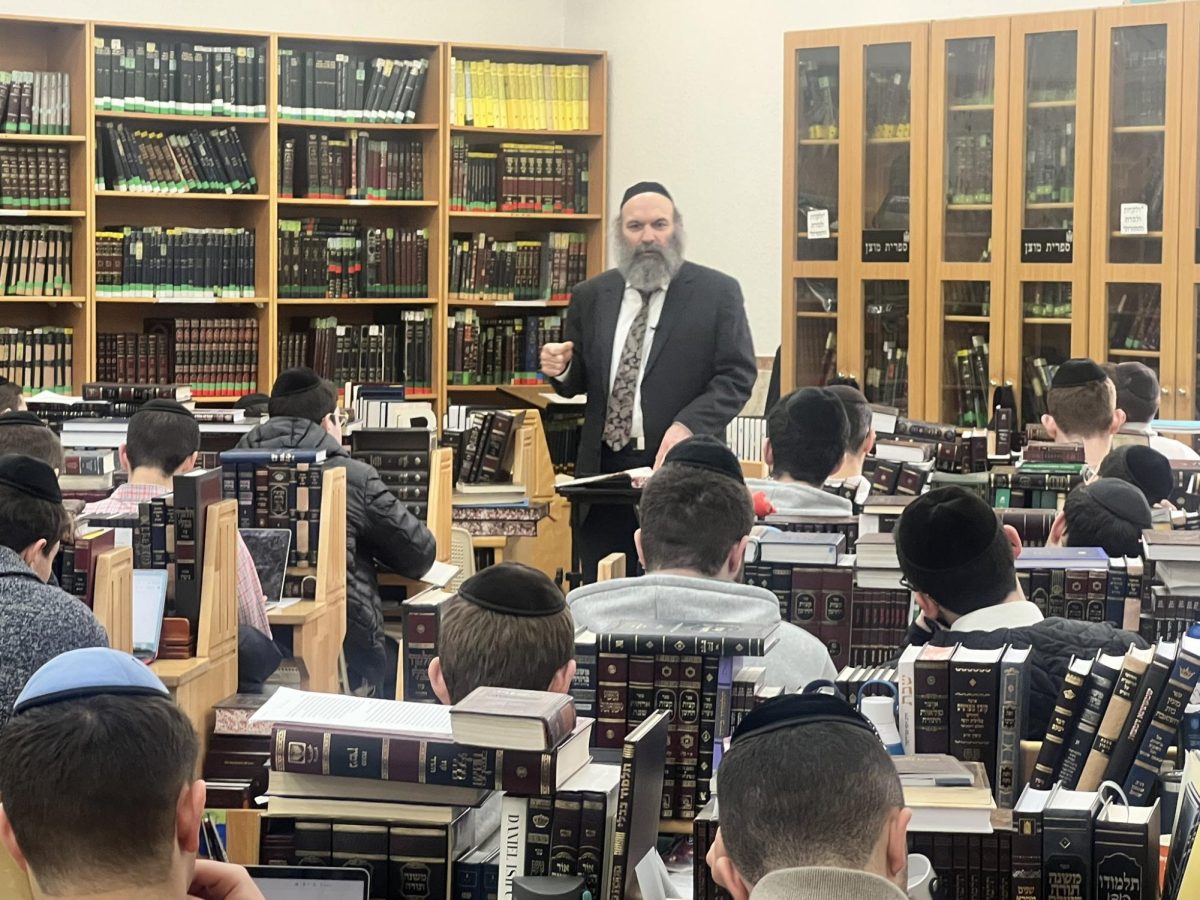
Recently, I had the opportunity and privilege to sit down with Shabbos Kestenbaum to discuss his journey and the pivotal moments that have defined his advocacy. From his upbringing and education to his public speeches and groundbreaking lawsuit, our conversation provided an intimate look into the motivations and challenges behind his work.
Growing up as part of a tight-knit Jewish community, Shabbos was imbued with a deep sense of identity and belonging. Yet, he never imagined that one day he would find himself delivering a speech at the Republican National Convention (RNC), suing Harvard University, or becoming a leading voice in the fight against antisemitism. Today, Kestenbaum stands as a testament to the power of one individual’s commitment to their values, and his story offers lessons on courage, responsibility, and making a difference.
Raised in an environment where Judaism was central, Kestenbaum’s early experiences shaped his worldview. He recalls seeing peers remove their kipas or Star of David necklaces in public, a quiet surrender to the pressures of fitting in. “I didn’t plan to be an advocate,” Kestenbaum admitted during our conversation. “But being part of a community comes with responsibility.” That sense of obligation propelled him through moments of personal challenge and public scrutiny, leading him to advocate not just for himself but for Jewish students and broader Jewish identity.
After finishing yeshiva, Kestenbaum accepted a scholarship to study religion at Harvard University, an elite Ivy League institution.. However, he found himself confronted by an academic environment that, in his view, often stifled independent thought. “Students weren’t being taught how to think,” he said. “They were being taught what to think.” This atmosphere became particularly apparent in discussions surrounding Israel, where the rhetoric of settler-colonialism and delegitimization dominated. These challenges didn’t deter him; instead, they galvanized him to take action.
One of Kestenbaum’s most publicized moments came when he spoke at the RNC. His speech wasn’t just a political statement—it was an expression of gratitude and pride. “It was an opportunity to thank my community and show that we have a voice,” he reflected. Wearing a kipa during the speech was a deliberate choice, one he described as the ultimate “kiddush Hashem,” or sanctification of God’s name. For Kestenbaum, the act symbolized his unflinching commitment to representing the Jewish people. “The biggest compliment I can receive isn’t about the speech itself. It’s being told, ‘You’re setting a big kiddush Hashem.’”
Kestenbaum’s advocacy reached new heights with his lawsuit against Harvard University. The suit, which challenges the institution’s handling of antisemitism on campus, aims to establish constitutionally protected spaces for Jewish students and others facing discrimination. Kestenbaum described a particularly striking moment that encapsulated the problem: During a Congressional hearing, Harvard’s then-president Claudine Gay was asked if calls for genocide against Jews violated the university’s harassment policies. Her response—that it “depends on the context”—left Kestenbaum and others alarmed. “This isn’t just about Harvard,” he explained. “It’s about ensuring safe educational environments for everyone.”
Despite the gravity of the situation, Kestenbaum remains optimistic. “I’m completely confident,” he said about the lawsuit’s outcome. His fight isn’t just legal—it’s deeply personal, a reflection of his unwavering commitment to his values. Looking to the future, he hopes to continue advocating for the Jewish people, whether in academia, politics, or other spheres. When asked about a potential role in a future Trump administration, he replied, “It would be an honor.”
Throughout his journey, Kestenbaum has remained grounded in the belief that anyone can make a difference. Speaking to high school students at YULA, he urged them to “say something, do something, big or small.” His own story—from a young man observing small acts of compromise in identity to a prominent advocate standing firm on national stages—demonstrates the impact of taking even the smallest steps toward meaningful change. “If I could do it, so could you,” he said, emphasizing that activism doesn’t require extraordinary resources—only a willingness to act.
Kestenbaum’s journey is deeply rooted in Jewish values and a commitment to his community. For him, advocacy is not about accolades or recognition but about fulfilling a sacred obligation. As he continues to fight for the Jewish people and challenge antisemitism, he inspires others to stand tall in their own identities and take action, no matter how daunting the challenges may seem. In a world often marked by silence, Kestenbaum’s voice reminds us all of the power of speaking up.





